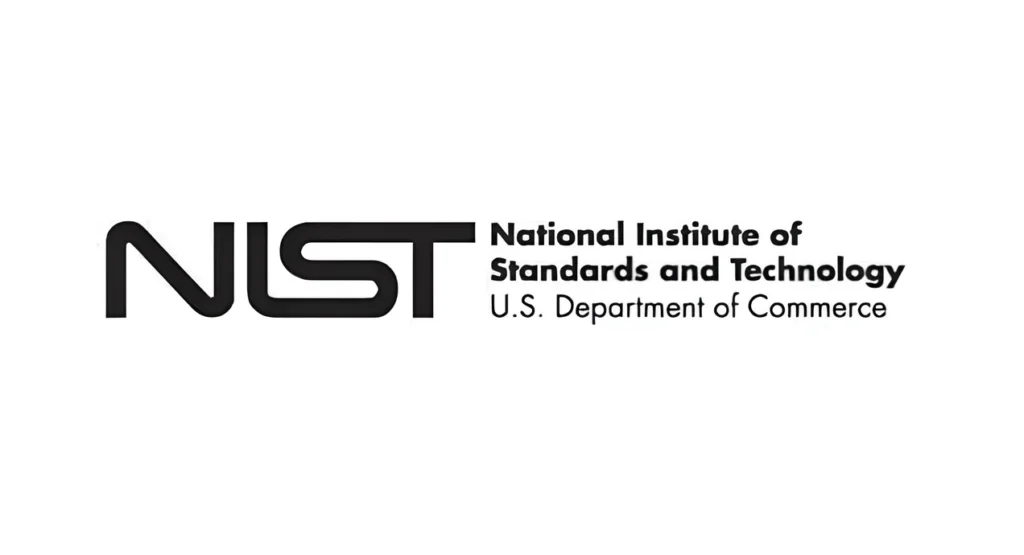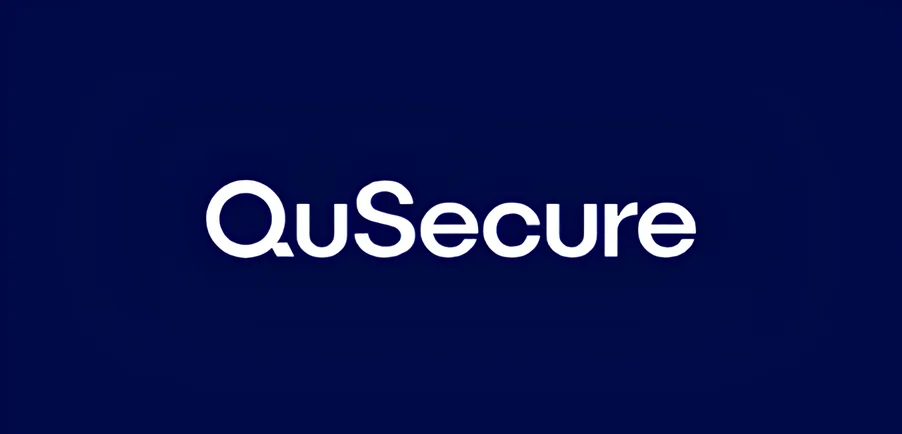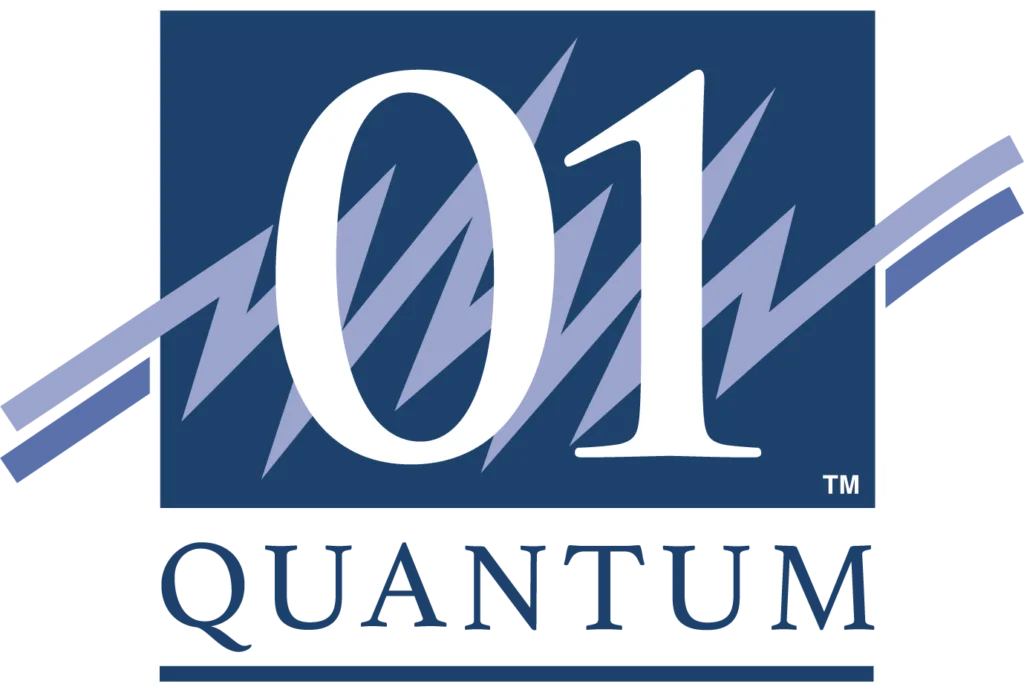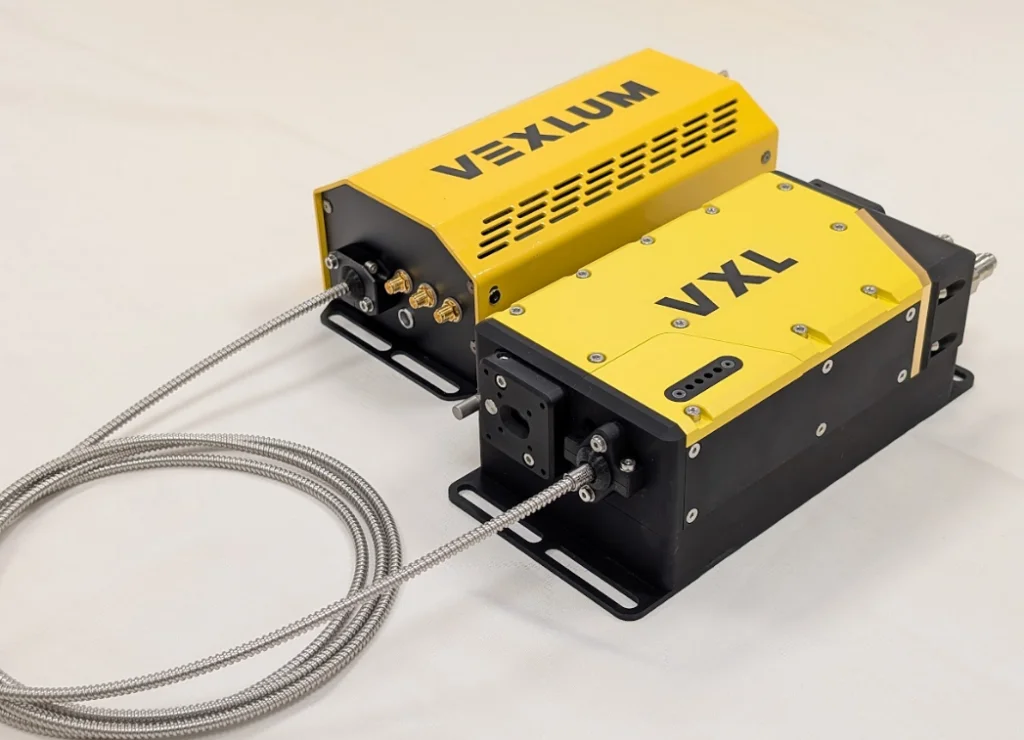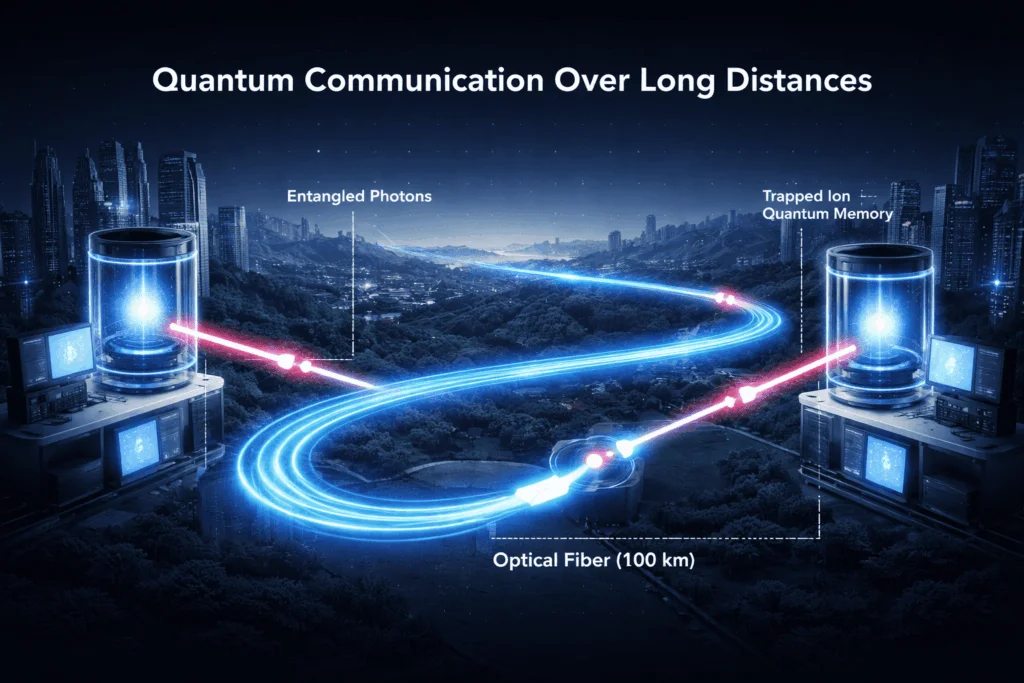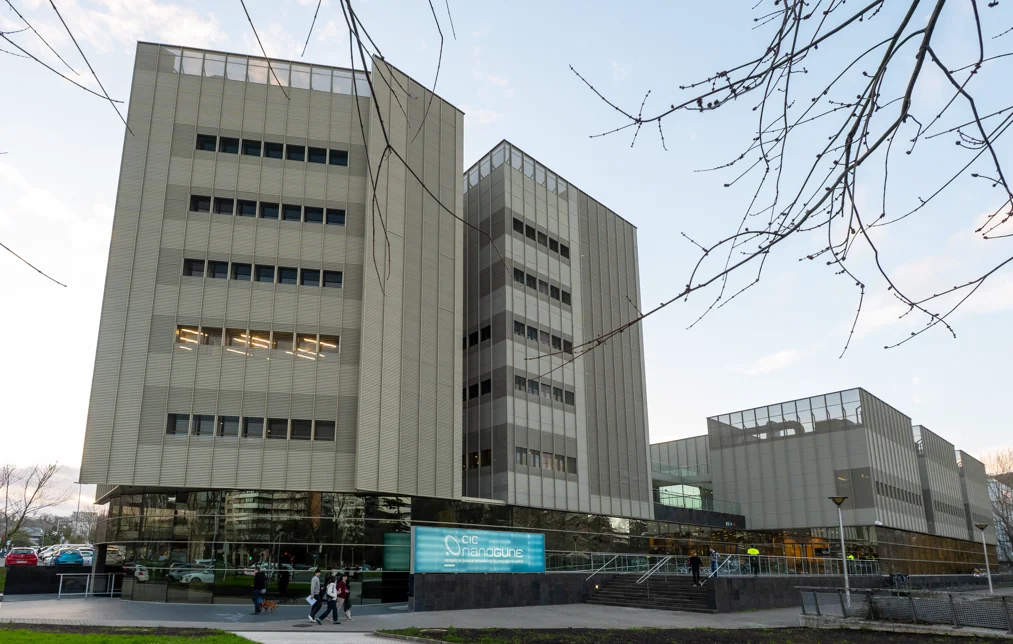
The application of quantum computers has the potential to reduce the time it takes to compute the solution of hard problems, such as computational drug design, classification challenges, or optimisation problems, compared to current classical supercomputers. Furthermore, quantum computers promise to not be only faster, but also consume less energy. Scientific discovery is poised to benefit most from these new hybrid platforms.
Pasqal was founded in 2019 with the vision to leverage the technology developed at Institut d’Optique in Palaiseau (France) for more than 10 years to build quantum processors based on neutral atoms ordered in large 2D arrays. Pasqal is funded by Quantonation, a Paris based VC fund focusing on Deep Physics and Quantum Technologies.
Pasqal is collaborating with application developers and end-users to explore the capabilities of its architecture and prepare for the upcoming quantum advantage. Each approach to quantum computing (atoms, ions, photons, superconducting circuits…) is based on different concepts with an impact on the software stack, from the physical qubit up to the application. Some parts of the software are specific to the underlying physics, which makes it challenging for software programmers to acquire familiarity and confidence to make the best implementation decisions, ideally regardless of the underlying platform.

With this in mind, Pasqal has been collaborating with Google to give access to its technology through Cirq, an open-source framework dedicated to the development and implementation of quantum algorithms on arbitrary platforms. Pasqal’s API is currently able to run instances on an emulator, while the first processor is being built.
Dr. Markus Hoffmann from Google explains: “It’s great to see the adoption of Cirq following the spirit of the Apache 2.0 open source license and making further hardware platforms accessible to the Cirq developer community.”
Pasqal’s CEO, Dr. Georges-Olivier Reymond, says: “We are delighted to provide such an intuitive and effective interface between our quantum computing hardware and software developers all over the world. This will greatly benefit the emergence of a global quantum ecosystem that is necessary for this new industry to thrive.”
It is to be noted that the development of Pasqal’s API has benefitted from discussions with and support by the team at AQT, an Austrian startup developing a quantum computer based on trapped ions. AQT has been one of the early adopters of Cirq. Dr. Thomas Monz, CEO at AQT, explains that “together with Dr. Markus Hoffmann, AQT happily supports Pasqal and the European quantum ecosystem to work towards a versatile quantum algorithm and quantum application platform.”
To know more about Pasqal – Cirq integration and start running programs on Pasqal’s platform emulator:
-
Watch the replay of Le Lab Quantique’s video presentation of the Cirq-Pasqal framework.
- Start working with custom Pasqal objects in Cirq with getting_started.ipynb
- See how to use Tensorflow Quantum with Pasqal devices with TFQ-cirq-pasqal.ipynb (advanced).
Documentation for working with Pasqal classes in Cirq is available on Github, where the two tutorials are hosted.










